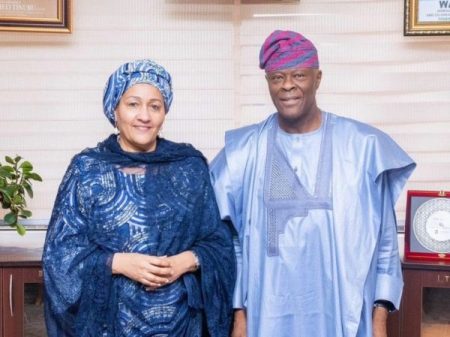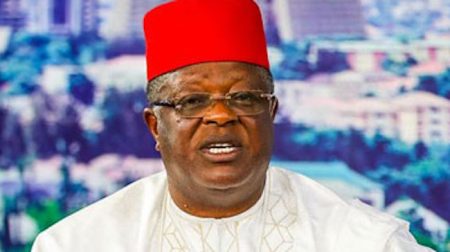 31 October 2012, Sweetcrude/African Press Organization (APO), KIGALI, Rwanda — Opening an unprecedented gathering of experts here, present and former African Heads of State urged business, community and political leaders to help turn the continent’s impressive growth into economic opportunities for ordinary citizens.
31 October 2012, Sweetcrude/African Press Organization (APO), KIGALI, Rwanda — Opening an unprecedented gathering of experts here, present and former African Heads of State urged business, community and political leaders to help turn the continent’s impressive growth into economic opportunities for ordinary citizens.
Rwandan President Paul Kagame, inaugurating the country’s first African Economic Conference (http://www.africaneconomicconference.org), said, “In Rwanda, we understand that politics and economics go hand in hand and we have made a conscious and deliberate choice of inclusive development based on our political reality. By and large, they have produced positive results. Growth has been consistent and poverty levels considerably reduced by 12 per cent from 56.9 per cent to 44 per cent in five years.”
Organized each year by the Economic Commission for Africa (ECA), the African Development Bank (AfDB) (http://www.afdb.org) and the United Nations Development Programme (UNDP), the title for this year’s African Economic Conference will be “Inclusive and Sustainable Development in an Age of Economic Uncertainty”.
Africa has weathered the economic crisis and achieved considerable advances in the area of poverty reduction and human development. However, the region is still home to high levels of poverty, hunger, unemployment and inequality in political voice and access to resources.
“Over the first decade of this century, with the exception of 2008, Africa experienced exceptional economic performance and growth in GDP per capita,” said Helen Clark, the UNDP Administrator. “But there is a way to go in many countries to translate that growth into higher human development. Deliberate policy measures and targeted investments are needed to make growth not just fast, but also inclusive and sustainable.”
Participants on the opening day said that the key issue for the continent was to shift from commodity-based to innovative, diversified economies at a time when foreign direct investment, aid and remittances were drying up.
Donald Kaberuka, the President of the African Development Bank, underscored the need for long-term solutions. He suggested that Africa’s growth should include doing research on solutions on how African countries could internally finance their development, and learning from what has gone wrong globally to redesign their policies.
Africa must invest in quality education in order to stop children from inheriting poverty from generation to generation, said Kaberuka.
“This is how you stop children from inheriting living conditions of debt, and once you do that you have stopped the transmission of poverty,” he told an opening session.
“Inclusive development must include equity, equality, popular participation not only in politics but also in the economy itself and then of course there must be transparency, and all those things that make the governed believe and have confidence in those who govern them,” added the Former President of Nigeria, Olusegun Obasanjo.
Participants at the conference also said that protecting communities from food and fuel price volatility, climate change and political instability required putting in place bold measures for social protection, including insurance, credit and employment schemes.
The African Economic Conference is organized as a series of open thematic debates, combined with sessions that review policy research from across the continent. The conference provides a uniquely open forum for political leaders, academics and emerging talent from the continent to discuss solutions to Africa’s pressing development issues.
About the African Economic Conference
The main objective of the Conference is to provide a platform for experts on Africa, both within and outside the continent, to reflect and discussnew directions for growth policy on the continent in order to determine the best approaches to attain the Millennium Development Goals, achieve the objectives of the New Partnership for Africa’s Development (NEPAD), and accelerate Africa’s sustainable development.



